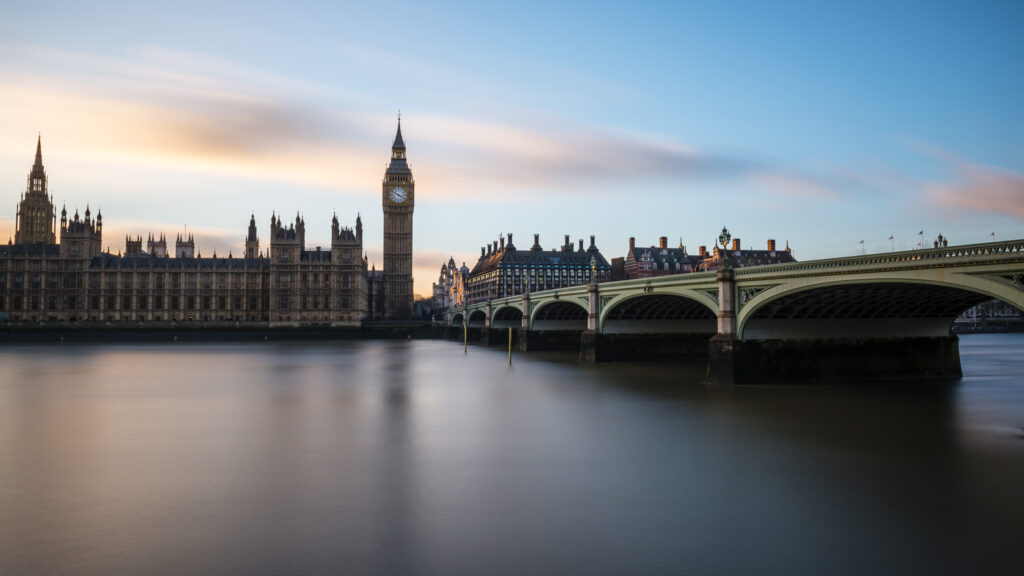Ofgem has announced today (26 August) it will increase the energy price cap to £3,549 per year for dual fuel for an average household once in effect from 1 October 2022.
The increase reflects growing concerns around the global wholesale gas market with prices expected to surge in the winter months. High wholesale prices over the second half of 2021 and into the beginning of 2022 led to nearly 30 suppliers collapsing, along with Bulb entering Special Administration, since September.
In order to prevent a similar catastrophe for suppliers this winter, the increase protects energy companies whilst also providing consumers with the best set energy rates. This is of importance with 60% of remaining smaller energy suppliers “technically insolvent”, according to accountancy firm Price Bailey.
“We know the massive impact this price cap increase will have on households across Britain and the difficult decisions consumers will now have to make. I talk to customers regularly and I know that today’s news will be very worrying for many,” said Jonathan Brearley, CEO of Ofgem.
“The price of energy has reached record levels driven by an aggressive economic act by the Russian state. They have slowly and deliberately turned off the gas supplies to Europe causing harm to our households, businesses and wider economy. Ofgem has no choice but to reflect these cost increases in the price cap.”
Ofgem also confirmed earlier this month that the price cap will now be set quarterly in an effort to reduce the risk of supplier failures, and the costs of such exits.
Although Ofgem is not giving price cap projections for January because the market remains too volatile, the market for gas in winter means that prices could get significantly worse through 2023.
In fact, the price cap could pass £4,200 come January according to analysis from Investec’s Martin Young.
Industry reacts
The energy industry has seen mixed reactions amid the rise in the energy price cap.
Cornwall Insight, who predicted the price cap would be at the £3,554 mark earlier this week, believes the rise was “inevitable”.
“The rise in the Default Tariff Cap (price cap) was unfortunately inevitable, as UK bills continue to be the victim of an unstable and unpredictable global market,” said Dr Craig Lowrey, Senior Consultant at Cornwall Insight.
“While there is still some time until the January and April caps are set, the energy crisis is showing no sign of abating. Throughout the energy crisis, the government and Ofgem have remained committed to the cap, and in its ability to shield consumers from a volatile energy market.
“However, the cap was never meant to be a permanent solution, it was created for a different energy market than the one we face today and has not protected consumers from what will be incredible hardship this winter. We urge, as we have done previously, for the cap to be reviewed and mechanisms for protecting the most vulnerable, such as social tariffs, to be considered as viable alternatives.”
Cornwall Insights’ predictions for next year could see further rises in the energy price cap with Q1 expected to reach £5,386.
So Energy also stated the energy price cap rise was inevitable. However, the government must double this winter’s Energy Bill Support Scheme to £800 and to quadruple the Warm Homes Discount for the most vulnerable to £600.
“Even though we’ve known for some time roughly what October’s price cap level would be, today’s announcement confirming the level at £3,549 is a sobering body blow for customers. Putin’s war is driving these price rises, and this requires a wartime response from the Government,” said Simon Oscroft, co-founder of So Energy.
“We are calling on the Government to double this winter’s Energy Bill Support Scheme to £800 and to quadruple the Warm Homes Discount for the most vulnerable to £600. This is the simplest, most targeted and crucially the quickest way to get support directly to customers before this price hike takes effect.”
So Energy also cast their eyes towards the 2023 energy price cap predictions having stated it could get worse before it gets better.
“The latest price projections into 2023 make for even worse reading, showing bills could increase to over £6,000 next year. This will require further Government intervention, such as the proposed Tariff Deficit Scheme which we support,” Oscroft concluded.
The government has also responded to the announcement. As per the call from So Energy, the government has allocated a £37 billion support package for vulnerable households.
“Direct support will continue to reach people’s pockets in the weeks and months ahead, targeted at those who need it most like low-incomes households, pensioners and those with disabilities,” a government spokesperson said.
“As part of our £37 billion package of help for households, one in four of all UK households will see £1,200 extra support, provided in instalments across the year, and everyone will receive a £400 discount on their energy bills over winter.
“The civil service is also making the appropriate preparations in order to ensure that any additional support or commitments on cost of living can be delivered as quickly as possible when the new Prime Minister is in place.”
Darren Jones MP, Chair of the Business, Energy and Industrial Strategy Committee, highlighted the issues facing businesses amid the energy price cap rise and the bankruptcy fears that the next prime minister will have to address.
“Many businesses will face bankruptcy because there is no price cap on their energy bills. The scale of the challenge will mean that the next chancellor will have to offer business grants and not just temporary tax and business rate cuts,” said Jones.
“Whilst my preference has been to target support to those who need it the most, the sheer number of households needing help justifies a rapid and broader response from government.”





